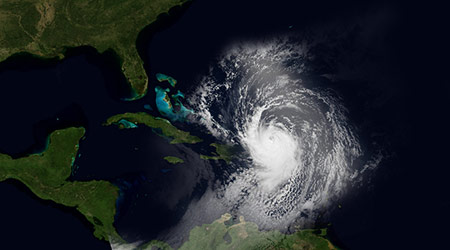After Hurricane Irma knocked out the air conditioning at a Hollywood, Fla., nursing home, workers set up portable coolers to chill the air, according to an article on the St. Louis Post-Dispatch website.
According to expert testimony, the coolers actually made things worse in the home because they weren’t properly ventilated and pushed additional heat into a confined space.
The engineering expert testified last month in Tampa during ongoing litigation between the state healthcare agency and the nursing home over the loss of its license to operate. Twelve residents ultimately died in the hurricane's aftermath.
Most of that extra heat ended up flowing toward the second floor. where temperatures would likely have gone above 95 degrees. At least 10 of the residents who died lived on the second floor, some with internal temperatures approaching 110 degrees.

 Healthcare and Resilience: A Pledge for Change
Healthcare and Resilience: A Pledge for Change Texas Health Resources Announces New Hospital for North McKinney
Texas Health Resources Announces New Hospital for North McKinney Cedar Point Health Falls Victim to Data Breach
Cedar Point Health Falls Victim to Data Breach Fire Protection in Healthcare: Why Active and Passive Systems Must Work as One
Fire Protection in Healthcare: Why Active and Passive Systems Must Work as One Cleveland Clinic Hits Key Milestones for Palm Beach County Expansion
Cleveland Clinic Hits Key Milestones for Palm Beach County Expansion